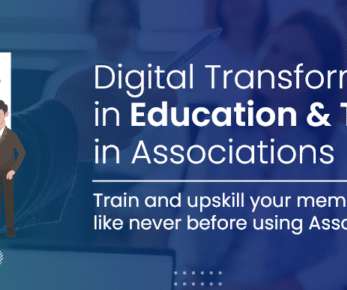Brain Learning and eLearning Design
The Learning Circuits
JULY 1, 2010
There's been a lot of discussion around cognitive theory and "how the brain learns." So the July Question is: Does the discussion of "how the brain learns" impact your eLearning design? I've been to a lot of conference sessions around this and I've captured a bunch of really great resources below.
















Let's personalize your content